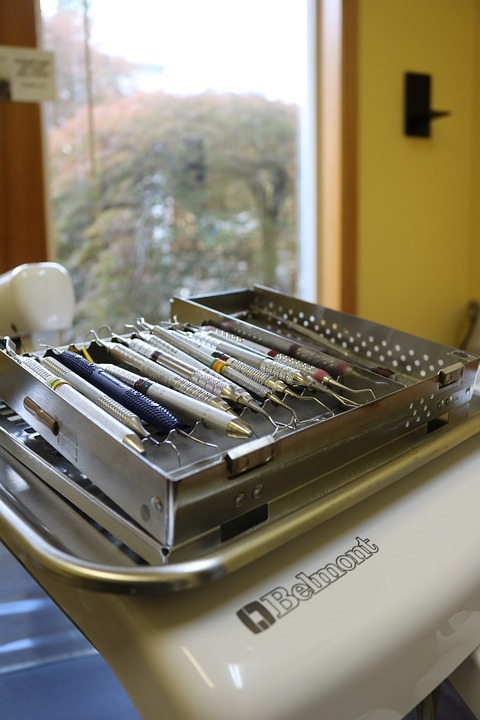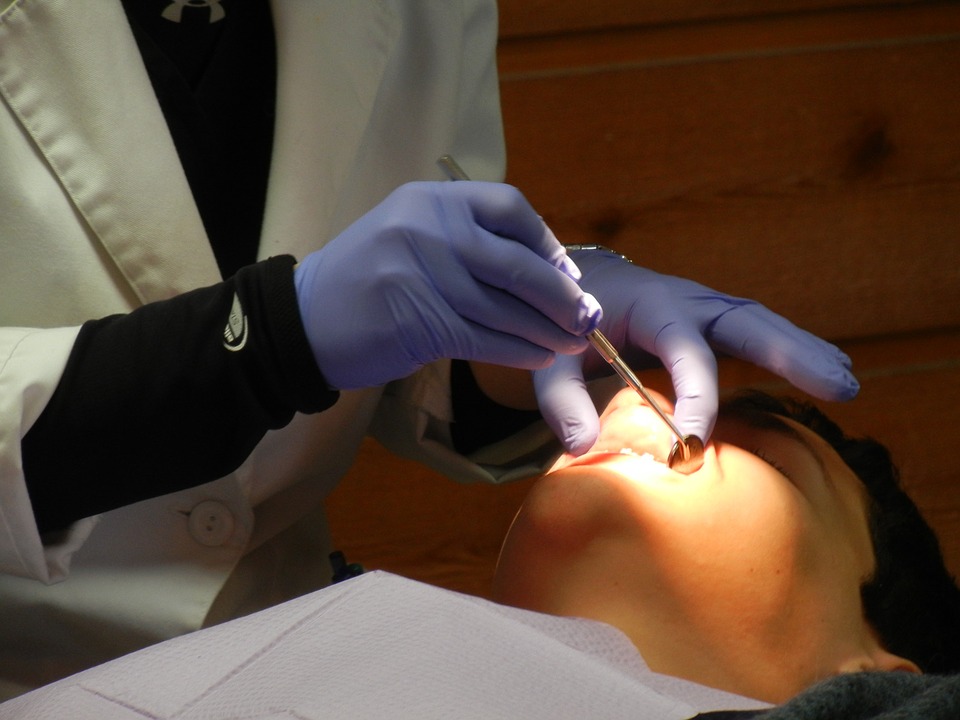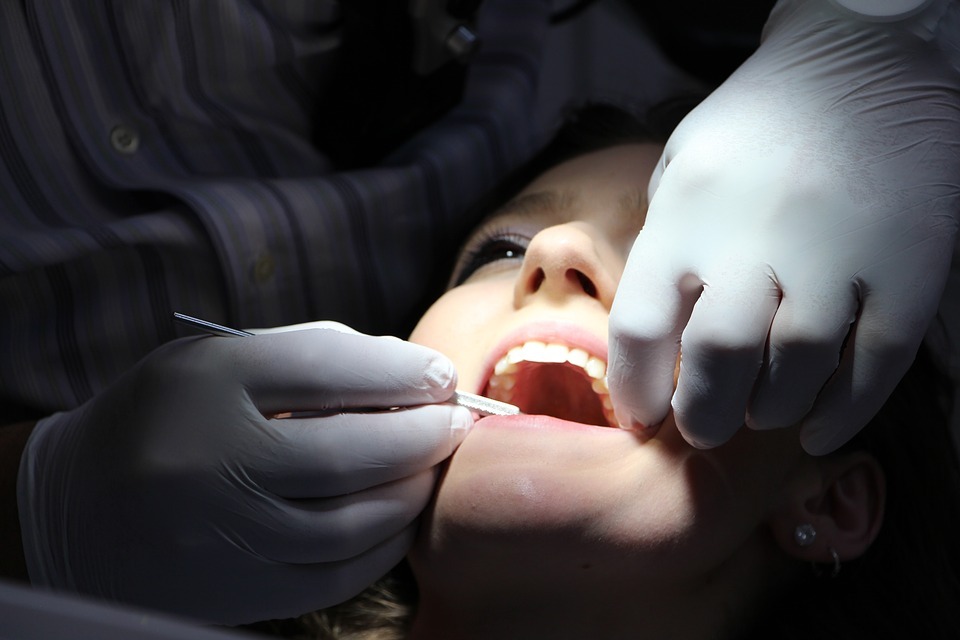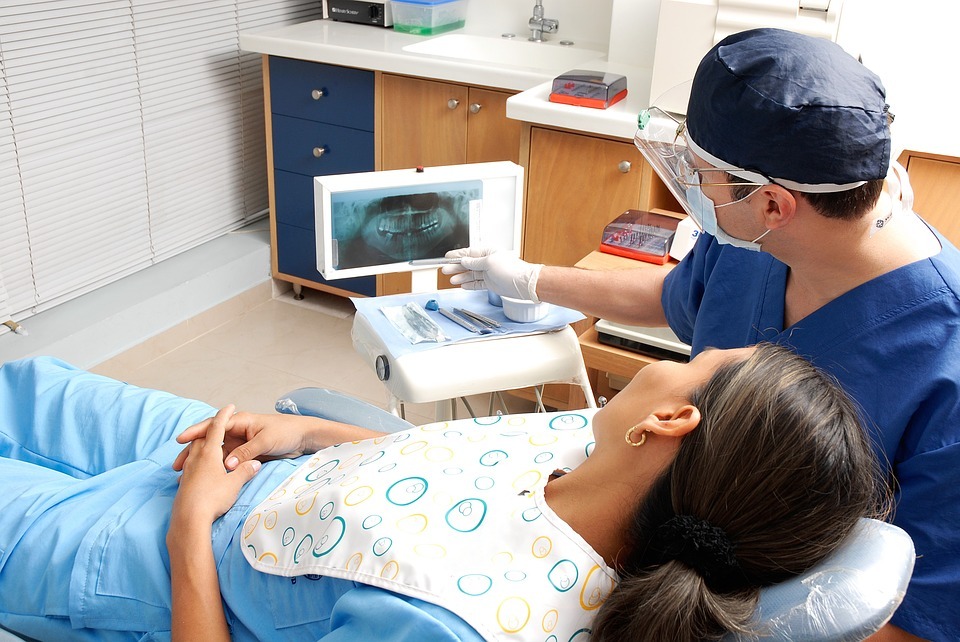
by | Mar 7, 2017 | General Articles

gif courtesy of giphy.com
Orthodontic emergencies don’t happen too often, but when children are involved, there’s bound to be something that loosens, breaks or irritates. In most cases, a temporary solution can be done at home. If it’s a more serious problem, it’s important to know when to get help.
Types of Orthodontic Emergencies
Not all problems your kids will encounter with braces need the immediate attention of an orthodontist. The first set of tips on how to deal with emergencies involves issues they may have with the braces and how you can help them solve the problem.
• Sore teeth – During the first 24 to 72 hours after braces are applied, the teeth may ache or feel sore. To relieve any pain, take Tylenol and eat a soft food diet.
• Mouth sores – It is possible for sores to develop inside the mouth when braces are new. Eventually, the skin becomes used to the braces rubbing against the lips and cheeks and the sores heal. For relief, a small amount of cotton or wax can be placed on the brace where the irritation occurs.
• Broken or loose braces/brackets – If teeth are brushed too vigorously or the wrong foods are eaten, brackets can come loose. If it can be easily removed, the bracket should be brought to the next appointment so it can be reattached.
• Poking or loose wire – Sometimes, the wire is still attached to the bracket but sticking out. The patient can push it back gently with a q-tip or pencil eraser and use orthodontic wax to keep the wire from cutting the inside of the gum or cheeks.
• Loose teeth – It is common for teeth to loosen while wearing braces. The constant pressure and force of the braces help the teeth shift to a new position. As with any concerns, have it checked at the next appointment.
• Headgear issues – If wearing a headgear is causing a problem, it needs to be adjusted to prevent any unwanted jaw or tooth movement. Call your orthodontist as soon as possible.
Read more…

by | Feb 28, 2017 | Orthodontic Treatments
When Do I Get My Braces Off?
Most recipients of braces use them to improve their facial appearance through the straightening of teeth and improve their teeth’s ability to bite correctly. Even though the brace user chooses this dental procedure, he or she still naturally prefers a mouth without braces! Knowing when they are likely to be removed is really important as it is a relief being able to display a better set of teeth after the completion of the procedure. Dr. Demas and his team at Demas Orthodontics find the number one question they are asked is “When do I get my braces off?”
No one person goes through exactly the same treatment program, so the time frame required for braces to complete a good job does naturally vary. The procedure follows certain standardized steps, some of which take longer than others.
At Demas Orthodontics, successful braces treatment undergoes three treatment stages. Each of these stages has to be completed satisfactorily before the preceding stage commences. The first step is analyzing and correcting the crowding of teeth; the second is aligning the teeth, while the third involves bite correction.
Read more…

by | Feb 23, 2017 | Smile Quote, Team Demas Orthodontics

Searching for a healthy and delicious snack that is friendly on your smile? Try fruit kabobs! Fruit kabobs are a versatile and easy snack. Customize your kabob with your favorite tooth friendly fruit. A kabob is also a great choice for children because of the unlimited fruit combos!
Read more…

by | Feb 16, 2017 | Smile Quote, Team Demas Orthodontics

Choose Friendly Food to Protect Your Braces
When you begin to wear braces, an orthodontist will tell you that it is a good idea to avoid eating hard fresh fruit, but you can chop up fruit to make it easier to chew. Tooth friendly foods such as raisins or apples are important for your overall wellness, and you can consume these fruits by making a tasty salad. Apple-raisin salad is easy to make, and you can store it in a refrigerator for several days to have it ready for fast meals.
• Apples
• Raisins
• Yogurt
• Lemon juice
• Pepper
• Salt
Read more…

by | Feb 7, 2017 | General Articles
The Value of Routine Orthodontic Care
If the words “visit orthodontist” regularly show up on your “to do” list, you should be proud of yourself. Routine orthodontic care is essential for people who wish to maintain straight and even teeth. If you visit the orthodontist for

Photo Credit: ozwaldoruiz via pixabay.com
checkups on a routine basis, you understand just how important overall oral health is. Frequent dental care can keep oral health conditions at bay. It can help people maintain healthy and strong teeth for life. Things aren’t too different with regular orthodontic care. If you want to maintain straight and even teeth forever, you have to keep up with your orthodontic needs, plain and simple. Orthodontic care can help people who have issues with teeth alignment that require prompt attention.
Straight Teeth and Overall Dental Health
Straight teeth aren’t only important for aesthetic purposes. There’s no arguing that it can feel great to have a smile that looks like it’s straight out of a Hollywood movie. The advantages of straight teeth, however, go a lot deeper than that. Teeth that are straight can contribute to strong dental health overall. If your teeth are nice and straight, taking care of your dental hygiene needs can be a lot simpler and straightforward. Straight teeth make flossing and brushing a lot more hassle-free. If you want to do whatever you can to keep your teeth and gums in A+ condition, it can significantly help to have straight teeth.
Read more…









